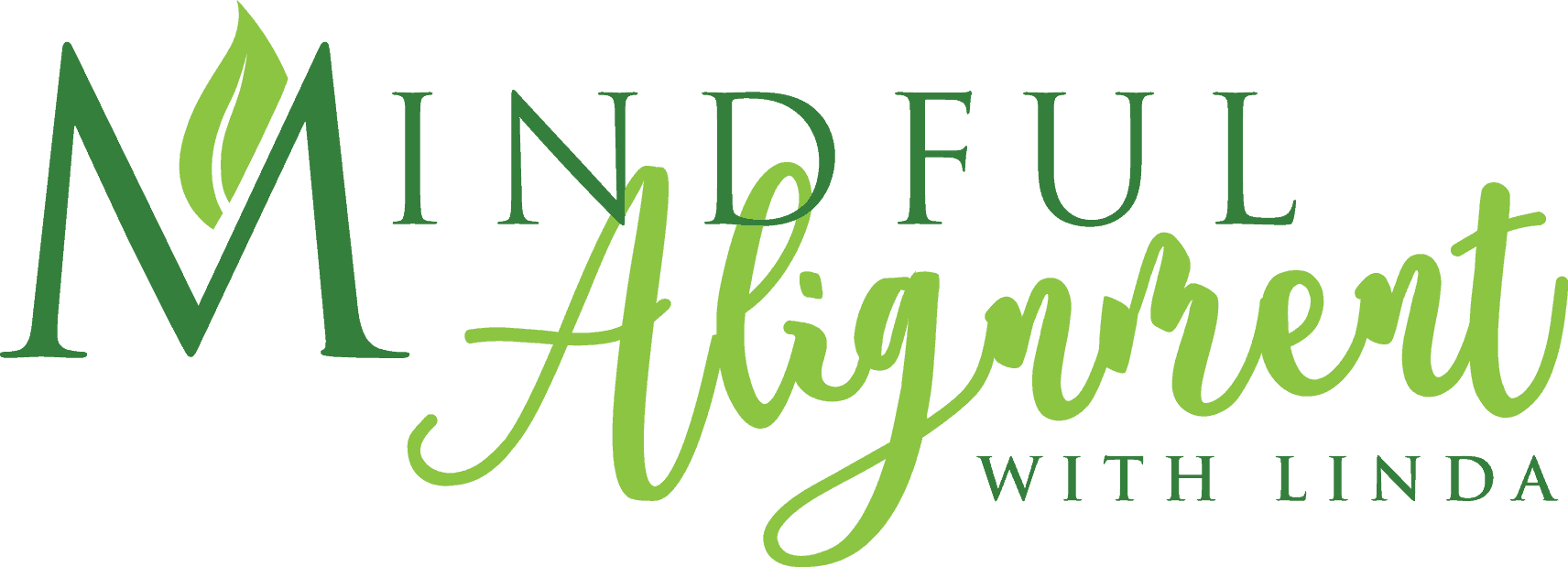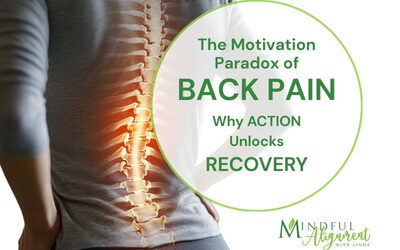Prevention is THE CURE
In today’s world, pursuing longevity seems synonymous with the quest for miracle drugs or revolutionary medical interventions. However, amidst this fervor for pharmaceutical solutions, we overlook a fundamental truth: prevention is the ultimate cure and is a more cost-effective approach. While medications undoubtedly have their place in healthcare, relying solely on them can overlook the broader spectrum of factors contributing to overall health and well-being.
Aging is inevitable; there’s no escaping the passage of time. Yet, aging doesn’t have to equate to chronic disease and declining health. We cannot halt the march of time, but we can certainly influence how we age and our quality of life. This is where “healthspan” comes into play—a term that refers to the period of life spent in good health, free from the debilitating effects of chronic illnesses and age-related decline.
It’s time to shift our focus from merely treating symptoms to preventing diseases from taking root in the first place.
Here’s why prevention should be our primary strategy for promoting healthspan:
- Addressing Root Causes: Medications often target specific symptoms or diseases without addressing the underlying factors contributing to poor health. Prevention however, involves identifying and addressing the causes of illnesses, such as poor diet, lack of exercise, stress, and environmental toxins.
- Empowering Individuals: Prevention empowers individuals to take charge of their health. It encourages proactive lifestyle choices and behaviors that promote well-being rather than relying solely on reactive medical interventions when problems arise.
- Cost-Effectiveness: Preventive measures are more cost-effective than treating diseases after they’ve developed. Investing in prevention can save billions in healthcare costs associated with managing chronic conditions.
- Reducing Dependence on Medications: While medications are necessary in some instances, over-reliance on them can lead to side effects, drug interactions, and the potential for dependency. Prevention aims to reduce medication needs by optimizing health through lifestyle changes.
So, what can be done to improve healthspan and prioritize prevention over medication-centric approaches?
Here are some key strategies:
Stay Active: Regular physical activity is crucial for maintaining a healthy lifespan. Exercise not only strengthens muscles and bones but also improves cardiovascular health, enhances mood, and boosts cognitive function. To reap the full benefits, aim for a mix of aerobic, strength training, and flexibility exercises.
Manage Stress: Chronic stress can wreak havoc on physical and mental health, contributing to a host of health problems including chronic pain. To promote relaxation and resilience, incorporate stress-reduction techniques such as mindfulness meditation, deep breathing exercises, yoga, or spending time in nature.
Prioritize Sleep: Quality sleep is essential for overall health and well-being. Aim for 7-9 hours of uninterrupted sleep each night to allow your body to repair and rejuvenate. Create a relaxing bedtime routine and ensure your sleep environment is conducive to restorative rest.
Maintain Social Connections: Human beings are social creatures, and strong social connections are vital for mental and emotional well-being. Cultivate meaningful relationships with friends, family, and community members to combat loneliness and promote a sense of belonging.
Limit Exposure to Toxins: Minimize exposure to environmental toxins such as air pollution, pesticides, and harmful chemicals in household products. Opt for natural cleaning products, filter your drinking water, and avoid unnecessary exposure to pollutants whenever possible.
Embrace a Healthy Diet: The adage “you are what you eat” holds true when it comes to health. A recent report stated that 70% of the food in the grocery store contains sugar, which is not only detrimental to your health, but also unnecessary. Take the time to read the labels before you purchase an item and familiarize yourself with all the different types of sugar. Try to avoid buying too many prepared foods. Instead, opt for making meals from whole foods. A plant-based diet rich in fruits, vegetables, whole grains, legumes, nuts, and seeds, offers numerous health benefits that support longevity and disease prevention.
Here’s why incorporating more plant foods into your diet can promote a longer healthspan:
- Nutrient Density: Plant foods contain essential vitamins, minerals, antioxidants, and phytonutrients that support overall health and reduce the risk of chronic diseases such as heart disease, diabetes, and certain cancers.
- Fiber-Rich: Plant-based diets are naturally high in fiber, which supports digestive health, regulates blood sugar levels, and promotes satiety. Adequate fiber intake is associated with lower cholesterol levels and a reduced risk of cardiovascular disease.
- Anti-Inflammatory: Many plant foods possess anti-inflammatory properties, which help mitigate chronic inflammation—an underlying factor in many age-related diseases. Consuming various colorful fruits, vegetables, herbs, and spices can help quell inflammation and promote cellular health.
- Healthy Fats: Plant-based fats, such as those found in avocados, nuts, seeds, and olive oil, provide essential fatty acids that support brain function, cardiovascular health, and skin integrity. Choosing plant-based sources of fat over saturated and trans fats in animal products and processed foods promotes heart health.
- Environmental Sustainability: Plant-based diets have a lower ecological footprint than diets rich in animal products. By shifting towards plant-based eating, individuals can reduce their carbon footprint, conserve water resources, and promote biodiversity.
In conclusion, while medications certainly have their place in healthcare, they should not be viewed as the sole solution to promoting health and longevity. Through lifestyle modifications and proactive health management, prevention is critical to extending our health span and enjoying a higher quality of life as we age. By embracing a holistic approach to wellness, we can empower individuals to take control of their health and thrive well into their golden years. After all, prevention truly is the cure when it comes to health.
Here are a few videos to help guide you on your health and wellness journey:
Are you tired of living with pain?
Are your activities and daily choices determined by your level of pain?
Are you ready to change your life for the better and gain back your physical freedom?
My unique and custom designed approach comes from years of training, education and experience. Together, we will get you back to living pain free and enjoying life.
Sign up for a private session today
It’s never too late to try something new.

Related Articles:
Beyond Calcium: The Power of Yoga for Bone Health
Discover how yoga supports bone health and osteoporosis prevention. Learn science-backed poses that strengthen your skeleton and reduce fracture risk.
The Motivation Paradox: Action is the Catalyst for Healing Back Pain
Discover the Motivation Paradox of Back Pain—why waiting for motivation keeps you stuck and how action is the true catalyst for healing. Learn science-backed strategies to break the pain cycle and reclaim mobility.
Transform Back Pain Anxiety: From Uncertainty to Empowerment
Discover how to navigate pain anxiety with empowerment. Embrace uncertainty and reclaim your healing journey through mindfulness and resilience.
Transforming Your Relationship with Back Pain: A Mindset Revolution
Back pain is more than a physical challenge—it's a profound psychological journey. The real battle isn't just in your muscles and joints, but in your mind. Your thoughts can either be a prison or a pathway to healing. Reframing Your Inner Narrative When chronic pain...




